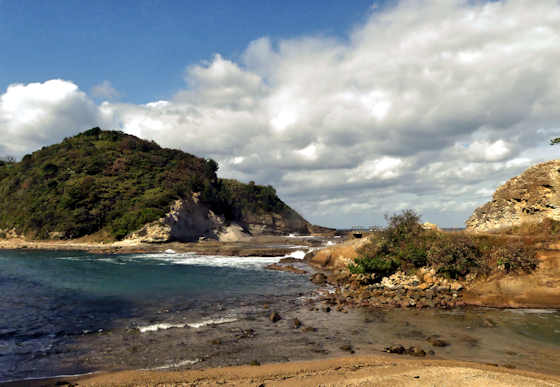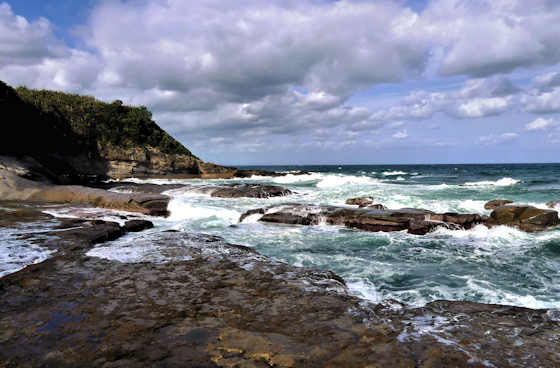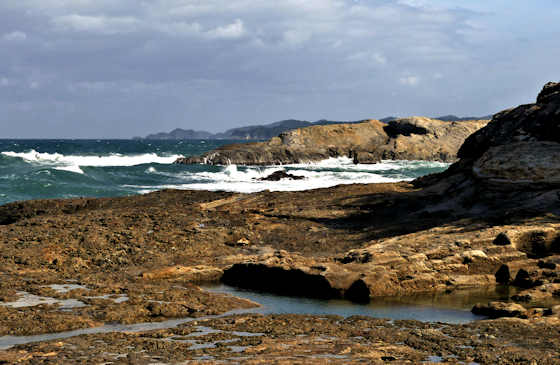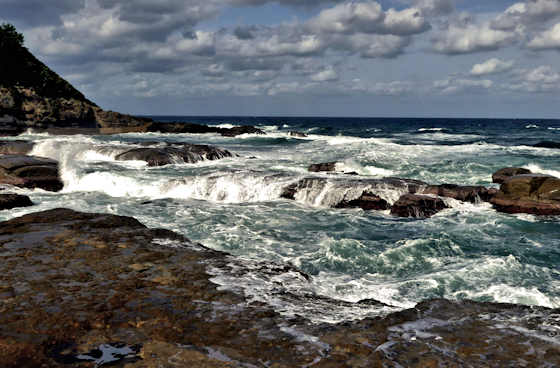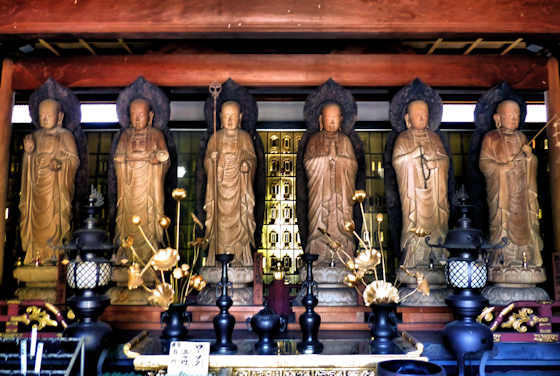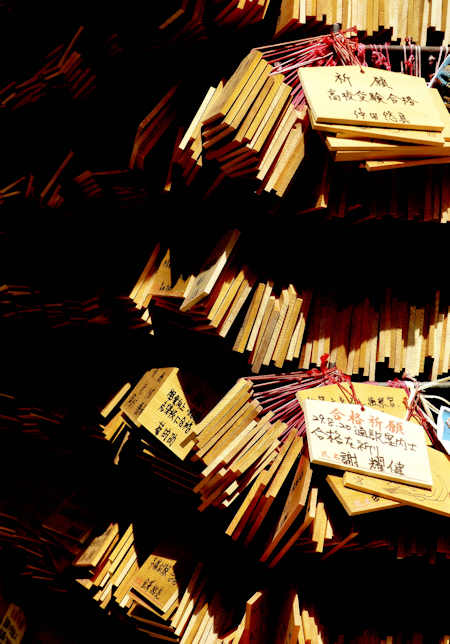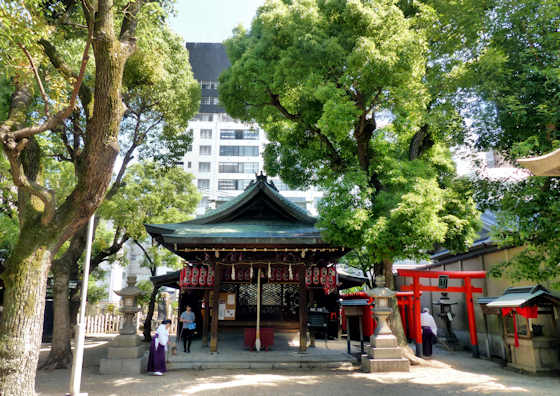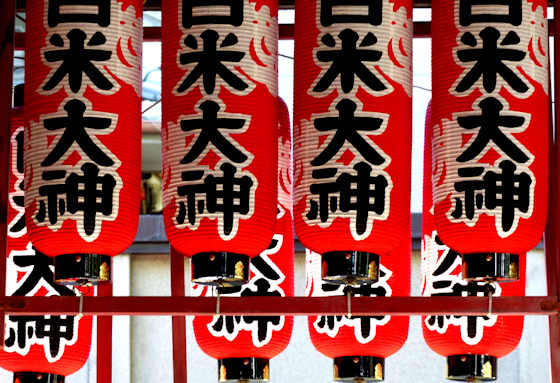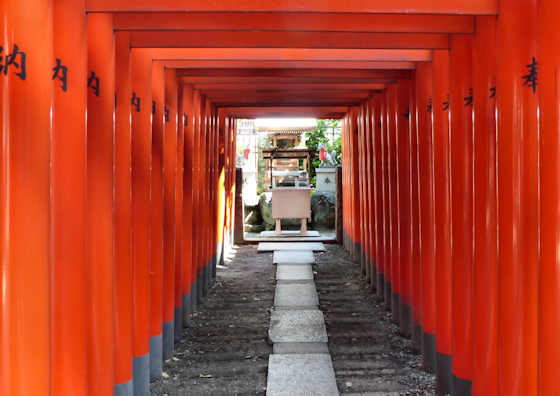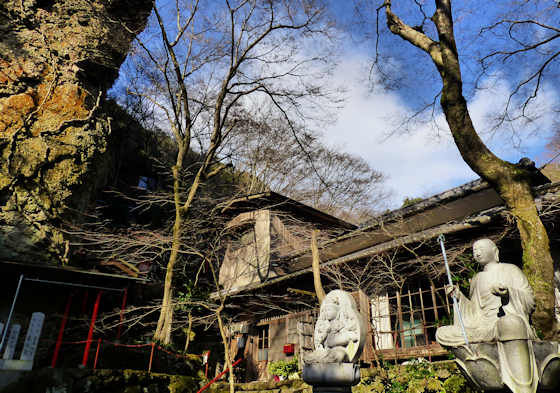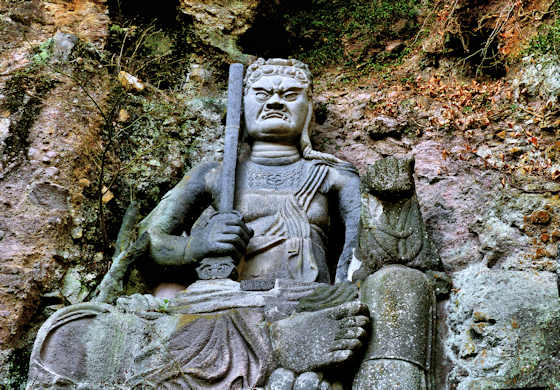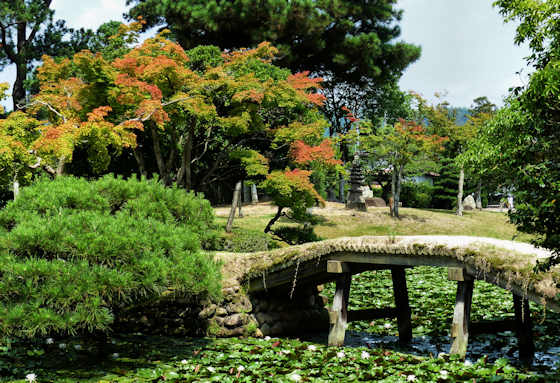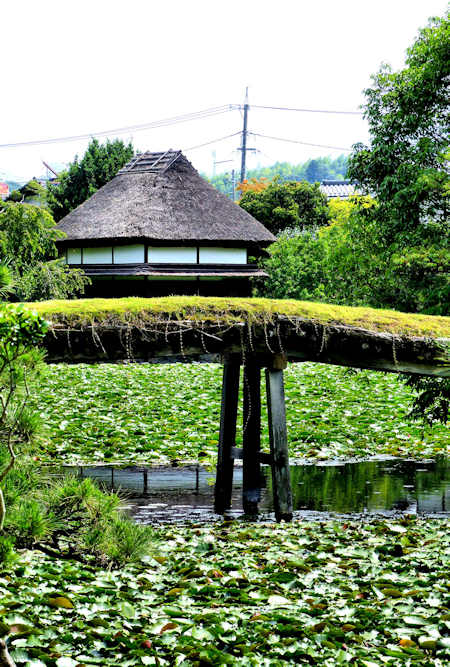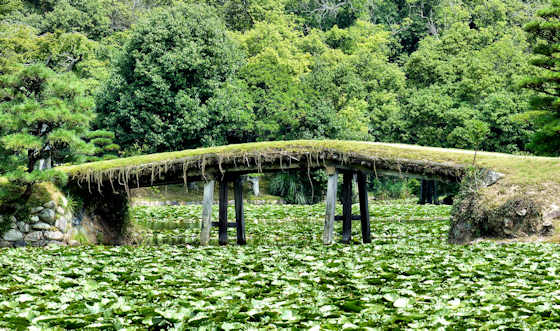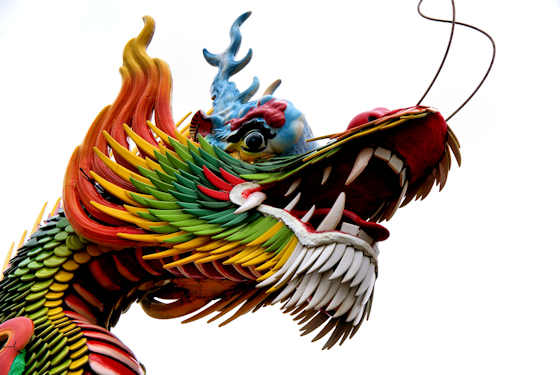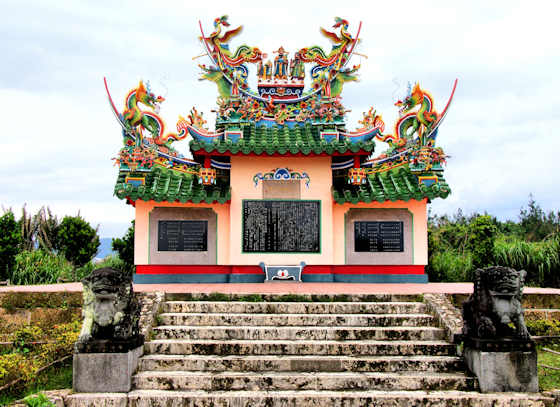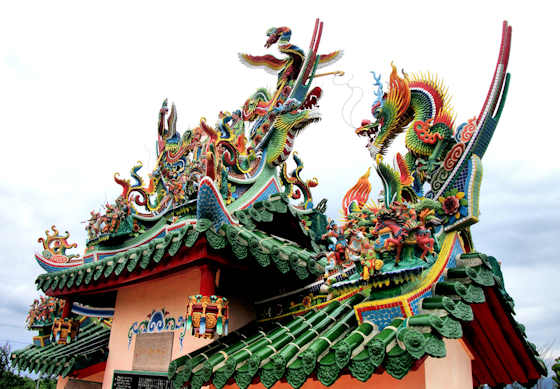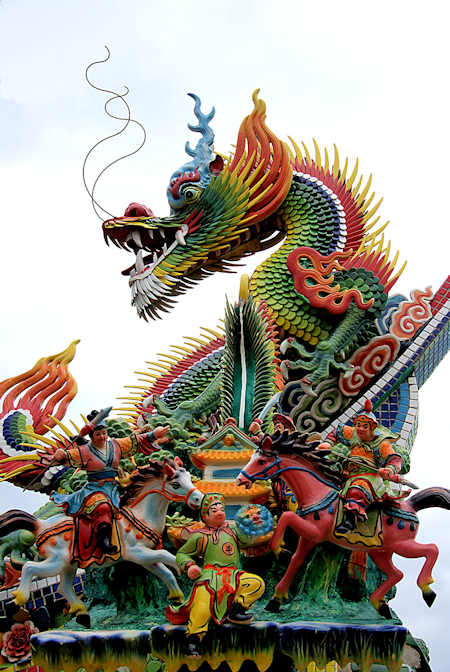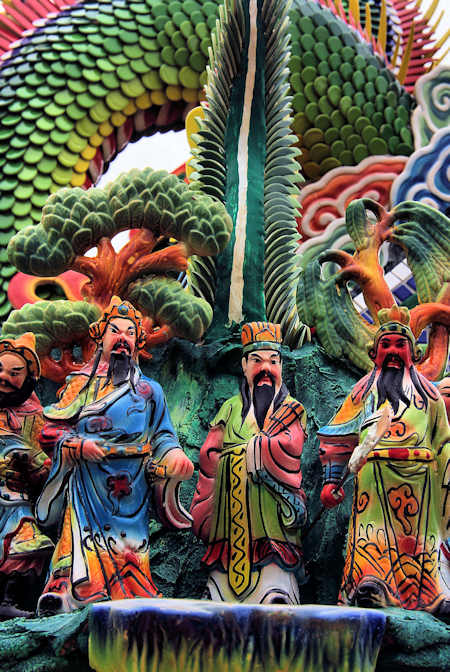Wednesday, December 7, 2022
Kushijima Near Yunotsu
Sunday, December 4, 2022
Mizuko Temple Monju-in
Mizuko Temple Monju-in
Monju-in is one of a cluster of mountain-top temples at about 450 meters above sea level in the mountains overlooking Sasaguri in Fukuoka. A couple of the temples are part of the Sasaguri pilgrimage, but Monju-in isn't.
Thursday, December 1, 2022
Osaka Tenmangu
Osaka Tenmangu
Tuesday, November 29, 2022
Takahara Kumano Shrine
Takahara Kumano Shrine
Friday, November 25, 2022
Sekimondo Temple 18 Shodoshima Pilgrimage
Sekimondo Temple
Sekimondo, temple number 18, is just a one kilometer walk from Hotogekataki, but it is a very steep kilometer. Sekimondo is located at about the midpoint of one of the two walking trails of Kankakei Gorge, and can therefore be approached from the bottom walking up, or from the top walking down.
It is in a narrow, steep valley, flanked on either side by formations of rock outcroppings, many of which have names. Sekimon means “stone gate” and refers to the natural arch stone bridge under which the main temple hall lies and through which the trail passes. Crossing the vermillion bridge over the fast moving stream, the natural courtyard has a thatched bell tower and a statue of gleaming white stone.
In the cliff face below the natural arch is a cave fronted by glass. Steps lead up and one enters through the floor. Inside is dark and lit by candles and lanterns, not too different really from any other temple, except here the walls and ceiling are of rock. There are several altars, the main one being to Fudo Myo, the fierce, fanged, deity holding a sword in one hand and a rope in the other. Fudo Myo was a favorite of the ascetics who spent time in these mountain hideouts undergoing training, so its not surprising to find statues of him here.
Back outside you can see a large carving of Fudo in the cliff face beside the temple. It looks like a cliff carving but in actual fact is sculpted out of stone blocks and then assembled. More buildings dot the steep and rocky gorge leading upwards, and way up high there is some type of hexagonal hut perched on top of a rock that must have fantastic views down the gorge, but the upper section of the temple grounds is roped off.
From in front of the main hall the path slopes upwards and then passes beneath the great arch of stone overhead and then heads up to the ropeway station at the top of Kankakei Gorge passing several more rock formations.
